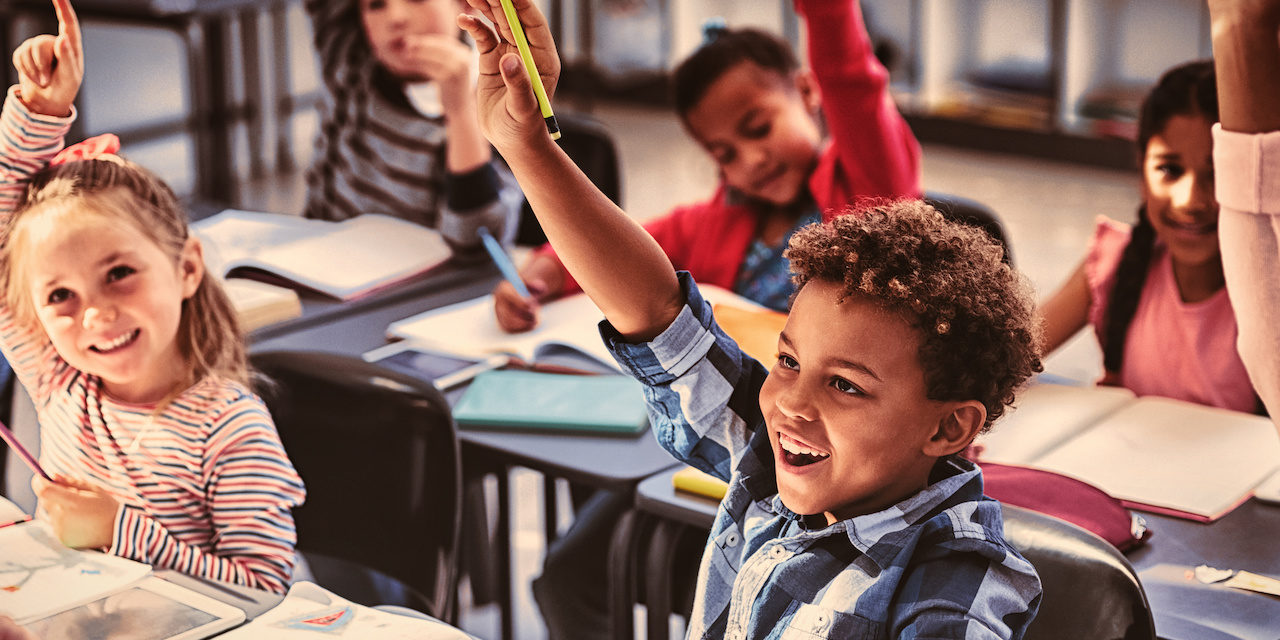Republicans in the North Carolina state Senate are working on a bill to reopen schools.
Republicans have majorities in the state Senate and House, so any such bill is likely to pass, particularly this one, which has the support of President Pro Tem of the state Senate Sen. Phil Berger (R-Rockingham).
Since the middle of March 2020, the state has been run by Gov. Roy Cooper more like a despot than a governor. Cooper has ruled the state by executive order under a provision that gives the governor extraordinary powers in an emergency.
Now that the legislature is back in session you can expect some effort on the part of legislators to take back some of that power. Republicans have majorities in both houses but don’t have veto-proof majorities, which could lead to some interesting scenarios. In 2019, with the same situation, the legislature and Cooper could never reach an agreement on the budget. As a result the state has been operating on the base budget passed in 2017, plus amendments.
The state Senate reopen-schools bill is expected to require all school districts to operate in-person in some capacity and also provide the option of virtual learning, giving parents an option to choose whether their children will continue with virtual classes or go back to school.
In a press release Sen. Deanna Ballard (R-Watauga), co-chair of the Senate Education Committee, said, “Among all the COVID tragedies, the most preventable is the lost learning potential that, for some kids, will last a lifetime. After hearing from so many parents and teachers, we have to act immediately to return children to the classroom to stop further damage.”
Berger said, “Gov. Cooper has not acted decisively and the public education bureaucracy has rejected its most fundamental task: educating our children. It’s time for this travesty to end.”
This month, UNC and Duke researchers with the ABC Science Collaborative reported, “no instances of child-to-adult transmission of SARS-CoV-2 were reported within schools.”
The researchers wrote, “Our data support the concept that schools can stay open safely in communities with widespread community transmission.”
The New York Times ran a column by David Brooks this week that quoted a Stanford study that suggested that the average student has lost at least a third of a year worth of learning in reading and three quarters of a year in math, while schools have been closed to in-person classes.


Too bad Roy Boy will veto it. Real teachers (25% or so) will continue to leave Plan C districts for anywhere that’s open they can find as long as it stays this way.
All school staff should be considered essential workers. Vaccines should be mandatory for them all. Our kids are the losers in Guilford County.
Wait, they want to pass a law that requires schools to be open in-person when there isn’t an executive order that prevents them from being open. The state thinks they can appropriately legislate for every single school district and don’t have faith in the local school systems to make those decisions appropriately for their students? Sudden shift to BIG Government from the GOP? Nope, just the same old picking and choosing hypocrisy that all the politicians play.
This reminds me of the post Civil War period where the Republican Congress regularly overrode President Johnson’ veto. Most of the was about Reconstruction, along with the hatred of the Democrat President Johnson.
Gov. Cooper won his election, so it appears that hate is not a major factor. The Gov. is following the “Democrat Playbook” (see on line).
Apathetic, ignorant, indoctrinated, and uniformed voters are responsible for this.
Why doesn’t it shock me that you are able to recall the post Civil War period?
Be honest, do you miss those days?
Oh, I do. I knew General Lee, and you, are no General Lee.
My uncle paid the $50 to get me out of the army. That’s how I made it through the war.